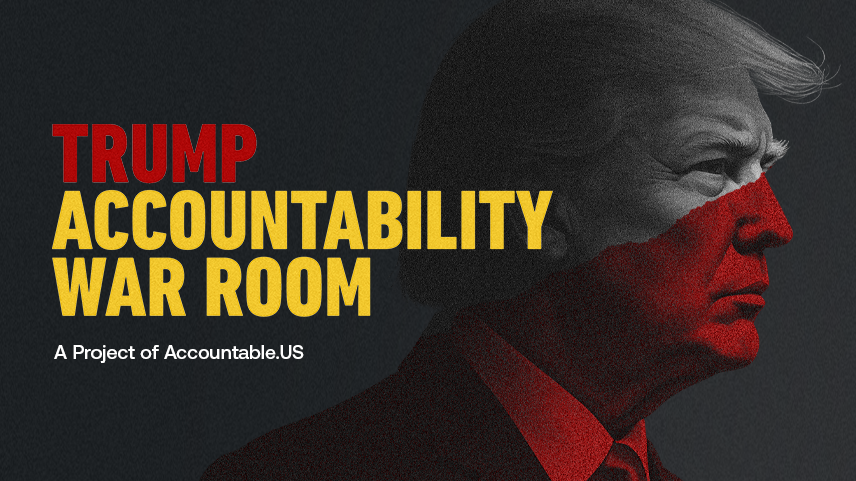In a recent development, concerns over the ethical implications and national security risks associated with a $2 billion deal involving World Liberty Financial (WLFI), a cryptocurrency firm linked to the Trump family, have escalated. The deal, which includes the United Arab Emirates-backed MGX and Binance, has prompted scrutiny from watchdog groups like Accountable.US, which question the extent to which American interests are being compromised.
New reporting from the New York Times sheds light on the situation, revealing that shortly after the crypto deal was finalized, the Trump administration provided the U.A.E. with access to advanced computer chips crucial for artificial intelligence development. These chips, pivotal in the global race for AI dominance, are reportedly intended for G42, a technology firm overseen by Sheikh Tahnoon bin Zayed Al Nahyan, who manages a significant portion of the U.A.E.’s $1.5 trillion sovereign wealth.
Previous inquiries from the Biden administration regarding similar access to these chips were dismissed by U.S. security officials due to worries about potential data sharing with China. Critics contend that allowing the U.A.E. access could unintentionally aid Chinese efforts to enhance military capabilities through AI, leading to severe repercussions for U.S. national security.
Accountable.US Executive Director Tony Carrk expressed the urgent need for transparency from the Trump administration. “After Emirati requests for highly sensitive A.I. chips were previously rejected by U.S. officials over national security concerns, did the Trump White House hand over these chips that China may now be able to access and use against our military because it makes America safer? Or was it because the U.A.E. pumped $2 billion into the Trump family’s unproven crypto venture?” Carrk emphasized that the situation illustrates the necessity for congressional oversight to safeguard American interests.
Additionally, a recent analysis by Accountable.US noted that a substantial majority of trading activity for Trump’s WLFI crypto coin occurred on foreign exchanges predominantly utilized by non-U.S. residents, highlighting a potential disconnect between American economic interests and the president’s financial ventures.
The unfolding situation calls into question not only the ethical implications of financial ties between foreign entities and U.S. leadership but also the broader impact on national security and the integrity of American economic policies. As pursuits in the cryptocurrency space become increasingly intertwined with geopolitics, the dialogue surrounding regulatory measures and national interests intensifies.








